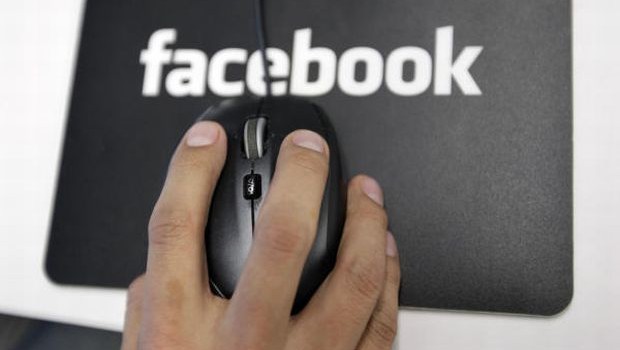Social media platforms can play an influential role in curbing political Islam, especially if we look at the number of Facebook users in the Middle East—fifty-six million—and how they represent the most conscious and influential sectors of society. We must also keep in mind that there are thousands of web pages on social media that refute the ideas of Islamists and highlight the contradictions inherent in their logic.
Islamist groups use social and religious programs to reach the poor and ignorant, and this sector of society represents 47 percent of the total population of the Arab world. On the other hand the social media pages maintained by those opposed to these groups expose the flaws in Islamists’ logic, and discuss the way in which their leadership monopolizes wealth and craves nothing but power. The pages also detail how Islamists do not respect the Book of God nor do they act as His Messenger. Disclosing lists of their wealthy backers and monitoring the moral corruption of Islamist groups demonstrates the contradiction between their words and actions.
Political Islam understands the importance of social media and its capacity to disseminate ideas among the masses. These groups paid more than 20 million Egyptian pounds for the formation of so-called ‘electronic militias’ whose goals were to broadcast rumors, skew the truth, and promote lies as a means to undermine their opponents. Thus, according to the same logic, their opponents should establish similar ‘militias’ to counter these trends, as happened in Egypt during the weeks leading up to June 30, 2013. Many Facebook pages damaged the Islamists’ popularity and exposed their flaws to the public, eventually leading to the downfall of the Muslim Brotherhood. With that, the Islamists’ dream to expand their influence into other countries evaporated.
Platforms such as Facebook are considered worlds in and of themselves, capable of absorbing any current or movement, including political Islam. This octopus-like network helped ignite the revolutions of the Arab Spring. Facebook has also been utilized in times of unrest and chaos in a number of other Arab countries to enable political Islam to expand its powers. Physical weapons are much less significant than they once were.
Facebook and similar outlets are no longer just a vehicle for recreation or a way to kill time. They have become a tool for change, enabling the ousting of political regimes and movements. Whoever has the ability to harness this power also has the ability to redraw the political map anywhere and at any time.
I think that state institutions are fully aware of the importance of social networking websites in detecting the lies of political Islam, a movement not afraid to exploit others to satisfy their boundless political ambitions. Thus, official pages have been established to restore the facts to their natural order.
Facebook has become a medium that is a serious rival to older audio and visual media. This spells the end of political Islam’s monopoly over electronic media, which has been so influential in shaping public opinion in most countries of the world, especially the Middle East.
We can confront and curb political Islam’s spread across the World Wide Web through the same means by which Islamists rode to power. Countries confronting political Islam, which only thrives in chaotic environments, must use social media in order to reveal the Islamists for the frauds and hypocrites they really are. Yes, social networking sites may be part of the problem, but they also contain the solutions.
The counterpart to this piece can be read here.

I read the first paragraph and found that your logic is not logic, even when you speak about logic. Linking political islam with corruption is bias and red herring. This article dosen’t tend to discuss on issue but more on personal attack to individual i.e. th leader.